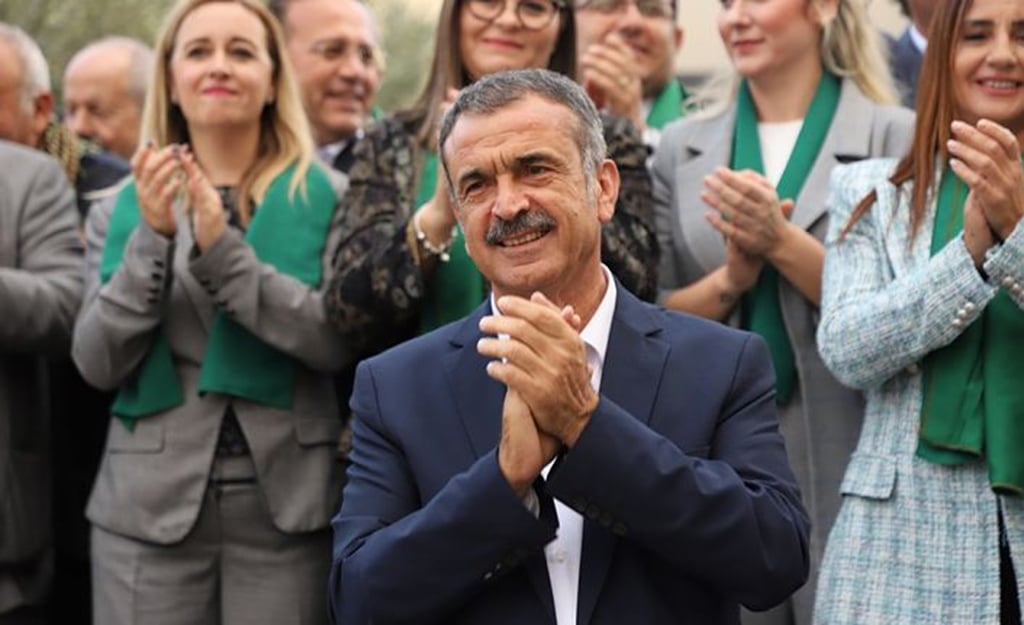The politics of outrage and negativity, which are an integral part of the Cyprus problem, were displayed this week, after it was revealed that the Turkish Cypriot mayor of Famagusta, Suleyman Ulucay had been invited to Saturday’s anti-occupation event. Edek led the chorus of outrage, backed by its fellow travellers of Elam and some individual Diko deputies, while some newspaper columnists also expressed their strong disapproval.
The invitation of the “pseudo-mayor of occupied Famagusta” was “unacceptable from every point of view” said Edek in a fiery statement accusing the real mayor Simos Ioannou of “downgrading the event from anti-occupation to bicommunal, sending the wrong messages to occupying Turkey, abroad and domestically.” Not wanting to participate in the sending of the wrong messages, Edek decided to take a principled stand and boycott the event.
After all the fuss, Ulucay announced that he would not be attending the event, at which President Nikos Christodoulides would be the main speaker. The presidential palace has refused to be drawn into this Edek-generated silliness, although anonymous sources quoted by Phileleftheros said the reaction was excessive and the noise unnecessary. The same sources pointed out that Ulucay would not have been at the event as representative of the occupation regime or as mayor, but as a representative of the Turkish Cypriots of Famagusta.
The fuss and noise were unnecessary, but this rhetoric of outrage is what the hardline parties and commentators have traded in for 50 years. They have nothing to offer on the Cyprus problem except unrelenting negativity and alarmism. Everything must be given a negative spin, viewed as unacceptable, a threat, a provocation, an injustice, an attempt to harm Greek Cypriot interests. Only maintaining the status quo, keeping everything as it has been since 1974 seems to satisfy Edek and its followers, because anything else is considered a risk.
Even trivial matters such as the attendance of a Turkish Cypriot mayor at an anti-occupation event is seen as an opportunity for expressions of outrage and indignation. What would have been the harm of Ulucay attending Saturday’s event? None, which is why Edek came up with the nonsensical claim that his presence would send the wrong messages. The truth is that these messages only exist in the imagination of the paranoid patriots of Edek, Elam and Diko. In the real world nobody would take any notice of who attended the event, and why would they?
As for the downgrading of the event from anti-occupation to bicommunal, what can we say? Is the label given to the event of any significance to anyone except the negativity peddlers of Edek and Elam, who have become the self-appointed guardians of the status quo, despite their avowed opposition to the occupation?






Click here to change your cookie preferences